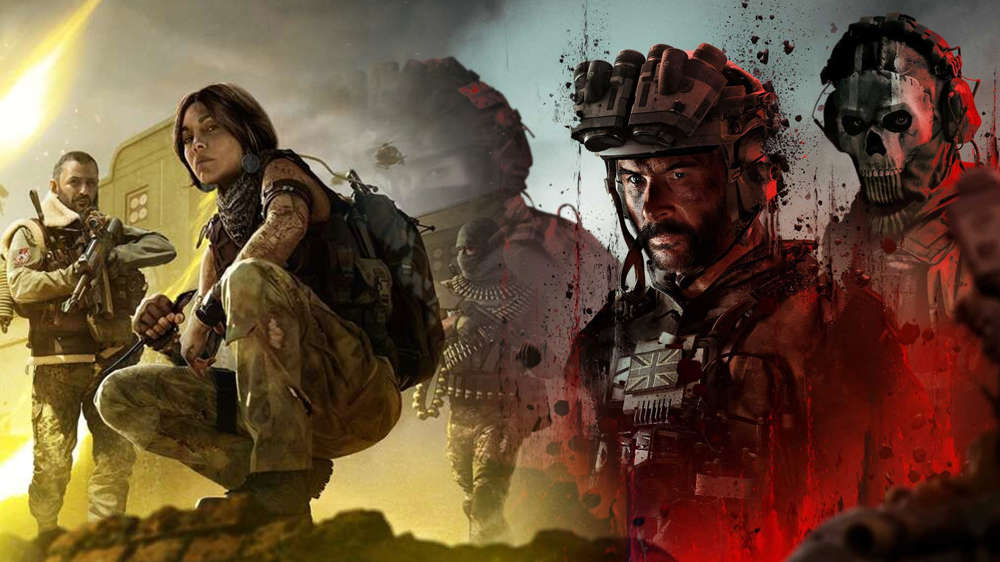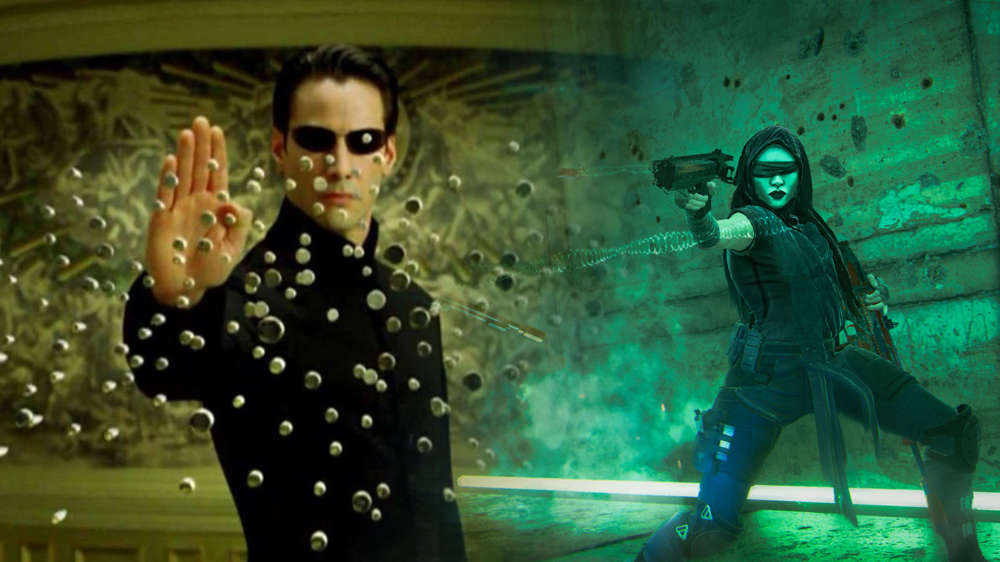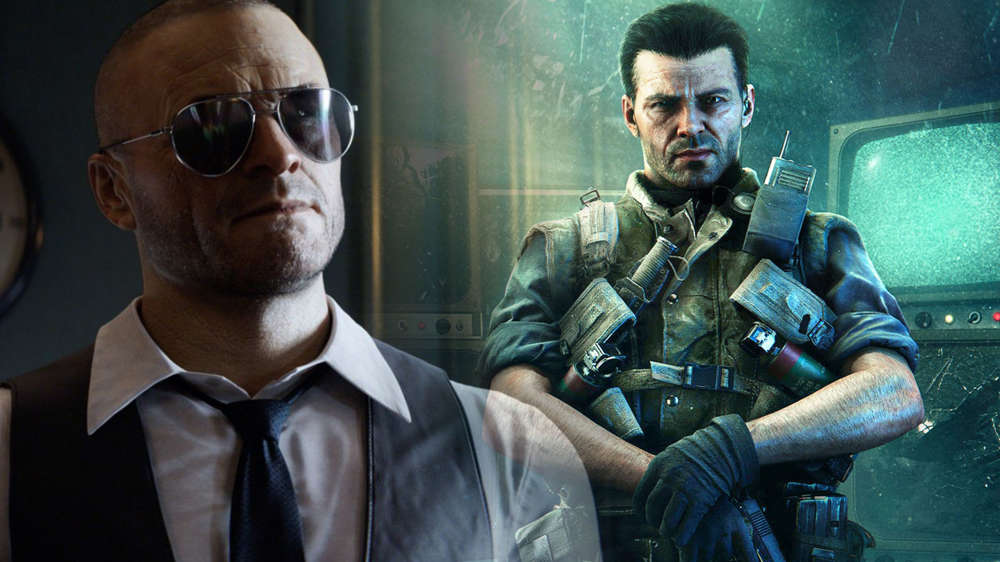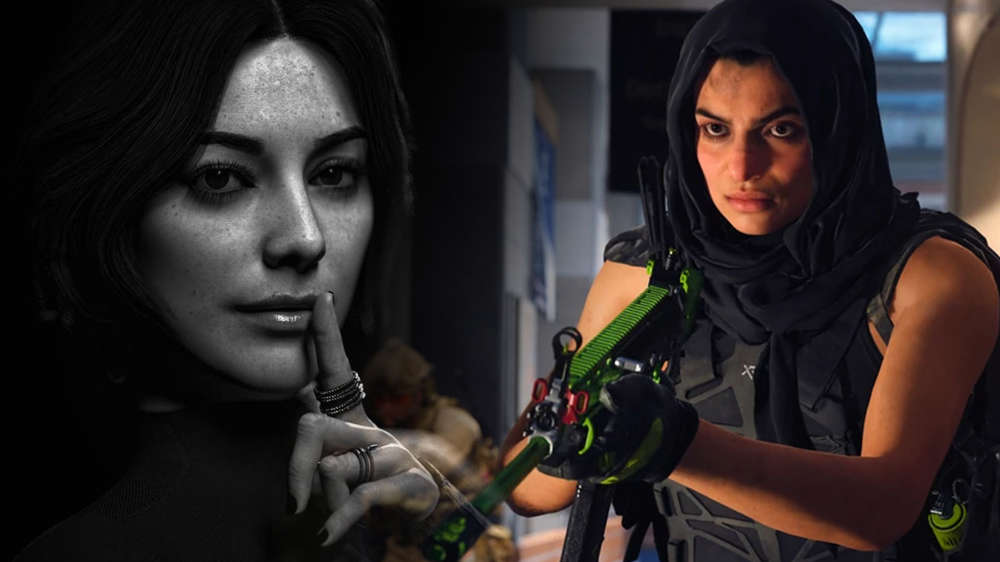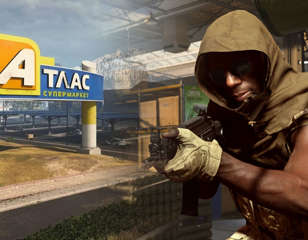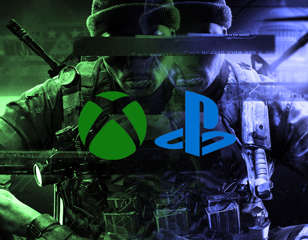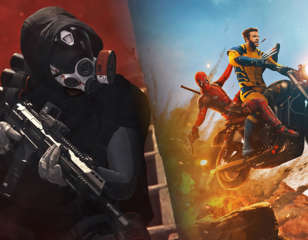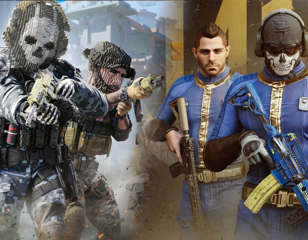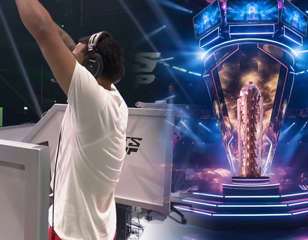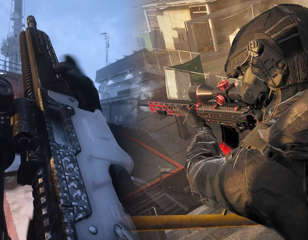The Changing Tide in Esports
Can the esports industry change for the better?

Katie Memmott
04th Jul 2020 18:00
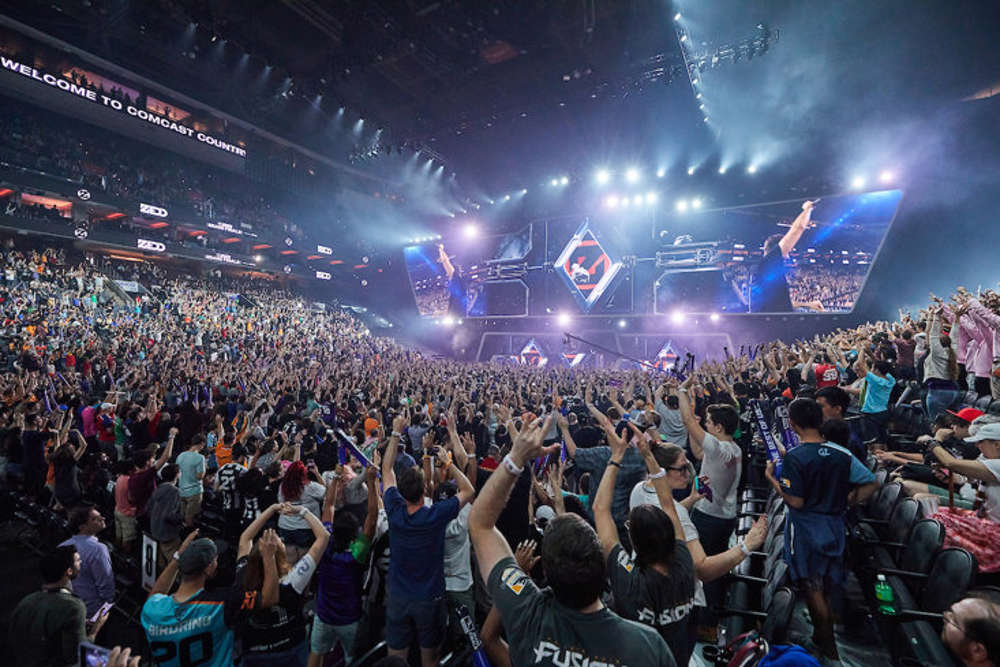
The esports world has been rocked by allegations in the past month, from sexual abuse to harassment, to misconduct. These allegations have been made against top streamers, pro players, famous coaches, and every other profession you can think of within the gaming industry, including CEOs.
These allegations are horrific and heartbreaking, but there is some light at the end of the tunnel. The outreach of support, proactivity, and love within the community and from those at the top, for the victims, and a sincere statement of disgust for their treatment has given many the hope that the esports scene can bounce back from this scandal.
Not only are fans and players reaching out to those they respect and love to offer their support, teams and organisations are taking decisive action against those with allegations against them, to ensure the esports scene can begin to heal and become a truly safe space for everybody, regardless of gender.
So, are things really changing? And what happened in the first place to create this unsafe environment for women, and men? And what will the higher-ups do to combat this behaviour, and keep their people safe? GGRecon investigates the changing tide of esports.

What Is Happening in Esports to Spark These Recent Events?
Without going into too much detail in respect to the victims and their bravery to come out with their stories, there appears to be a vein of abuse running through certain parts of esports, in several competitive titles and even in the wider spectrum of gaming and is one that appears to largely target women.
Morgan 'Morgz' Ashurst, a retired pro Call of Duty player, formerly of the Epsilon eSports team, says she felt the effects of sexism during her career. Competing consistently in Call of Duty events since 2011, in a mixture of mixed and all-female teams, Morgan experienced toxicity amongst her fellow pros, but was left with no other option but to “shake it off”.
“When playing any multiplayer FPS title like Call of Duty and CS:GO, the minute you talk on the microphone players either turn instantly sexual or flame you for doing something wrong. As for how I dealt with it - in my younger years it definitely took more of a toll if there were comments thrown towards my appearance and how I looked. Just because it tapped into my insecurities and made me feel worse about myself. As for when I got older, I started to deal with things using humour. So, each time I got any hint of toxicity I’d make a joke out of it and shake it off.”

Morgan’s mixed team at the time didn’t have any “big organisation support” and states that overall, it’s concerning that “when have we seen any esports teams get involved in defending female content creators/players besides things like the #MeToo movement? Never.”
Morgan also blames the lack of representation on the current state of the esports scene and the allegations coming out more rapidly, as more victims come forward. Morgan takes the approach that the best course of action that any gaming company can take to foster a more inclusive environment is “becoming better at female representation within the actual games. E.g. If they were to create a campaign around the upcoming Call of Duty. A lot of the time they move more towards male actors/influencers and if there is a singular woman involved it seems like it’s done to tick off a checkbox. Whereas marketing teams within popular titles should have more of a think on how to better advertise their games to more women wanting to get involved within the industry.”
It's probably true that a more inclusive and well-rounded community would prevent women in gaming from becoming a “commodity”, that lends itself to abuse and mistreatment. But how far we are into that change is unclear, as Meg, an esports journalist states that “being female in esports feels… weird”.
“It feels like you’re simultaneously being ignored, and at the same time getting way too much of the wrong kind of attention. I’m incredibly fortunate in that I’ve never experienced any kind of physical assault or harassment, but I think the fact I say that’s ‘fortunate’ rather than it being the norm pretty much illustrates the issues that plague this industry. I’m a Lux main in League of Legends, a character famous for being a ‘girl’s champion’, and it got to the point where I stopped playing ranked because I was so sick of either being asked to send nudes or being told to go die because of my presumed gender.”
“The stupid offhand comments in the esports community I think are perhaps a root of a lot of the problems the industry faces. The ‘all girls play support’ mentality in any game, be it Overwatch, League of Legends and now VALORANT, creates this idea of women only playing video games to please men, and therefore makes these men think they can do whatever they want because the women are there for male convenience rather than their own enjoyment. Part of what makes the gaming industry feel so unsafe for women is that we’re made to feel like we’re not supposed to be there. If we attend big events, it’s assumed we’re there because we’re accompanying a man; we’re supposed to accept any male attention, however unwanted because we’re in a place that we don’t belong and shouldn’t make a fuss or we’ll be kicked out of this elusive boy’s club of esports.”
It's not just women who are experiencing abuse within esports. Super Smash Bros pro player Troy “Puppeh” Wells recently made a statement on Twitter, opening up about his abuse at the hands of Smash commentator Cinnamon “Cinnpie” Dunson, alleging that she “initiated sexual conversations” and later entered into a sexual relationship with him when he was 14, and she was 24.
This, unfortunately, proves that the abuse doesn’t stop with women, it radiates outwards and can affect anyone in the industry, and this abuse culture is a dangerous undercurrent now bubbling to the surface.
An Outpouring of Love and Support
The only positive to come from this recent spate of abuse allegations, and the horrific detail that accompanies them, is the outpouring of support for the victims, from just about everybody. The acknowledgement that a problem is being uncovered within esports and gaming is clear, and discussions are found almost everywhere online about this very subject.
Content creator Cloudy (Priscilla) has her own take on current events in the esports world, and what has to change, and how it can. Cloudy also comments on the “naivety” in believing the community was safe for women to be in, and that speaking up is the best way to combat fear.
To change what esports is going through, we have to support each other but also listen. Now, thanks to all those people speaking out, I will, at any event I go to look out for any fellow women. Before, I didn’t really pay attention to it because I thought esports was safe, but that was naive, and a lot of people felt that way. Now at least we know to look out for people and that esport is like any industry: unsafe.
“We need organisations and such to stop putting women in the same Airbnb and hotel rooms as other men, we need them to look out for us too. We need to act when we see people doing something suspicious and not just look and be a witness. We need to educate and punish harder even if the stories don’t go public. Because so many stories are private but known, and yet those people aren’t being punished for it. It’s how you are supposed to learn. The change also goes through social media and video games. People should not tolerate sexist, racist, and homophobic jokes. We should all speak up whenever we see that kind of behaviour, again, to stand up for each other.”
“Most importantly we need to believe the victims, privately or publicly. Support them. I know the famous line of ‘what if the person is lying’. Well, I will always answer that it’s better to believe a possible liar than a possible rapist/sexual abuser. Of course, there are always people who will lie, but that will almost always be uncovered, and the percentage of people lying is very small. In video games, I witness a lot of sexism. If you die too much, if you are having a bad game, you get insulted for being a woman and not because you are bad. But I am standing up for myself and if needed for others. And I know a lot of males that stand up for us too. And we need more of them, and for that, we need to educate them: Staying silent is being an accomplice. If you don’t stand up against microaggression and sexism, you are part of the problem.”

What Those at the Top are Doing to Make the Esports World a Safer Place
Everyone from the CEO of Twitch to tournament organisers and team managers are being forced to take a look at their policies, rules, and plans to make their space a safe one for everyone in esports, as well as not allowing the accused individuals in question to have a platform within gaming.
Dom Sacco, an esports journalist tells us he was “appalled by the cases of abuse, sexual assault and other forms of harassment that have come to light in recent weeks. It’s clear that the esports and games industry - and society in general - must change.”
But how can the industry begin to change? Well, by listening to the voices of those within it.
Sacco suggests that “as a starting point, team organisations, tournament organisers and companies can look at introducing more stringent codes of conduct for all of their staff and associates. Game companies and owners of platforms, like publishers, streaming websites and social media firms, must take more responsibility for monitoring their games and platforms. Whether that’s tougher penalties or bans on those that post sexist or toxic comments, more transparent terms and conditions and easier ways to report negative behaviour, I don’t think I’m alone in believing they can do a lot more. Companies must also take greater care of their staff and be more mindful of their wellbeing. I hope policies and procedures change to reflect that. And all of us must do more to call out abhorrent behaviour wherever we see it, even if it’s a close friend. Let’s not just talk about this, let’s take action, let’s actually do something about it, because there is no place for this in our industry, or elsewhere, so let’s do everything we can to stamp it out - for good.”
Meg echoes these sentiments, but also adds her own ideas on how esports can feel safer for specifically women.
“One of the key factors in making esports events feel safer for women would, for me, be an increase in female staff, or perhaps a designated area where women can go if they feel unsafe- a part of these male-dominated forums that is exclusively ours. We need to start levelling the playing field- if an entire event is safe for abusers, then victims deserve a space where they can experience some of this safety. By listening to the victim’s testimonies and consulting them on strategies they feel would make them more at ease, we can build a community free of fear and abuse. I’d love to see organisations give more than just ‘we stand with victims’ pledges on Twitter- we need real, tangible changes, from both teams and tournaments.”

On June 24, #TWITCHBLACKOUT was trending on Twitter, as streamers urged others to withhold from streaming and viewing broadcasts for 24 hours in solidarity with victims of abuse. Those involved with #TWITCHBLACKOUT hoped to get the attention of Twitch CEO Emmett Shear, in an effort to spark more action against members accused of sexual misconduct. In that, they were successful. Twitch released a public statement following the movement, stating:
We want to provide an update on our investigations into the recent allegations of sexual abuse and harassment involving Twitch streamers and actions we’re taking. We are reviewing each case that has come to light as quickly as possible while ensuring appropriate due diligence as we assess these serious allegations. We’ve prioritized the most severe cases and will begin issuing permanent suspensions in line with our findings immediately.
In response to the slew of allegations, several teams, organisations and gaming development companies have been quick to act, firing employees, cutting ties with players and more.
This proactivity is surely a direct response to the recent happenings in the industry, and the outcry surrounding it.
- Read More - An Open Letter to the OWL from Violet: ''I would like this Pride Month to be THE Pride Month.''
Has the Tide Changed?
Through sorrow and hardship, comes hope and change. The current events within esports were too loud to ignore, and it seems, finally, that the bravery of the victims choosing to speak out, is being heard, and something is truly being done to help. Everybody from fans to the most well-known of creators within gaming are coming out in their droves to condemn this behaviour and call for change.
Greater change can come from the pain, and as Scott, the social media manager for Enclave Gaming, who has been a victim of sexual abuse within esports, himself says:
“The current movement, although sad to see and read so many experiences across the industry, it is great to see that people are brave enough to speak out about their experiences because it now shows the community and the industry that we are now standing up against this type of behaviour. Instead of instances being swept under the rug, I believe we will see a change in the industry of dealing with these situations much better and create a safer space for everyone to be a part of.”
So, is this the changing tide for esports? One which will create safer, more inclusive, and simply better environments for everybody to thrive within? Scott thinks so.
I think we are already seeing positive change in the industry with an overwhelming amount of support for a lot of the victims coming forward with their stories and experiences. We are seeing people up and down the organisational hierarchy voicing support for victims and it really shows that the industry isn’t going to stand for it to continue.
By Yinsu Collins & Katie Memmott
Images via Blizzard | DreamHack | Twitch

About The Author
Katie Memmott
Katie is the former Sub Editor and Freelancer Coordinator at GGRecon.
